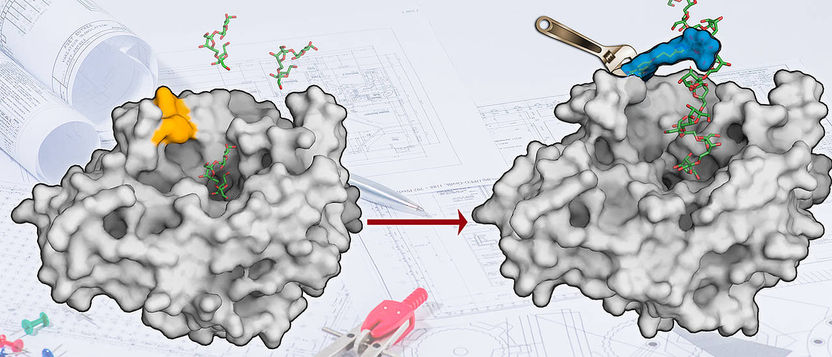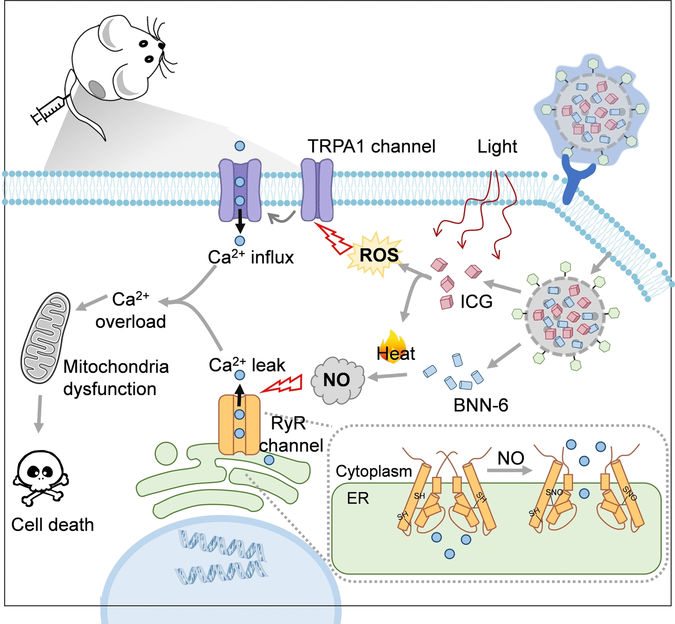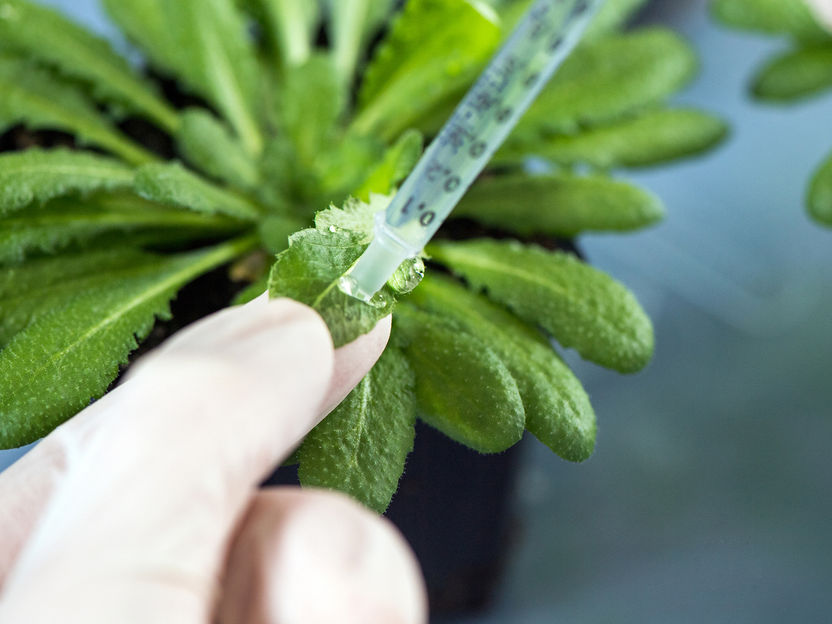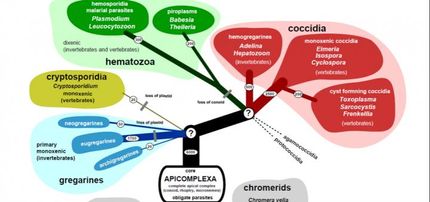New technology for enzyme design
Scientists at the University of Würzburg have chemically modified the enzyme levansucrase using a new method. The enzyme can now produce sugar polymers that are exciting for applications in the food industry and medicine.

The surface of the enzyme levansucrase has been redesigned to produce sugar polymers.
AK Seibel / Uni Würzburg
Enzymes are tools of nature that accelerate almost all biochemical reactions in living cells as biological catalysts. For this reason, enzymes have been used in the chemical industry for some time now - in detergents and cleaners, toothpastes and shampoos, but also in foods. Enzymes help in the production of paper, textiles, leather, medicines, biofuels and other products.
Enzymes from the tailoring industry
Biochemically, enzymes are proteins that are composed of natural amino acids. They form a three-dimensional structure. Just like a key fits into a lock, each specific molecule fits into an enzyme and the enzyme converts it into a new product.
Technically, it is possible to exchange individual amino acids in an enzyme and thereby change its structure so that it can now process other molecules. In this way, British scientists have created just recently a mutant enzyme that breaks down plastic.
Surface of the levansucrase changed
Chemists from Julius-Maximilians-Universität Würzburg (JMU) in Bavaria, Germany, have now gone a step further in the tailoring of enzymes: "We thought what fascinating possibilities would arise if we could change the surface of enzymes chemically and use the chemical space of molecules," says Jürgen Seibel , Professor of Organic Chemistry at the JMU. "We have developed a reaction that does not occur in nature in this way. It gives us a lot of freedom in reshaping enzyme surfaces. "
As the JMU scientists report in the journal "Chemical Science", they first redesigned the surface of the enzyme levansucrase. Now, the enzyme can convert the table sugar (sucrose) directly into a polymer of fructose building blocks.
"So far, such a synthesis has been possible with levansucrase, but it works much more efficiently with the modified enzyme," explains Seibel. The conversion of the enzyme per second is now significantly higher; moreover, it mainly produces the desired product and no accidental by-products.
Interesting for medicine and food industry
The fructose polymer could be used as a bio-gel for tissue transplantation in medicine or in the food industry – for example as a probiotic supplement in yogurts or baby food. Because like other functional sugars, the polymer could also serve certain intestinal bacteria as food and indirectly exert a health-promoting influence on the intestinal flora of humans.
Original publication
Most read news
Original publication
Maria Elena Ortiz-Soto, Julia Ertl, Jürgen Mut, Juliane Adelmann, Thien Anh Le, Junwen Shan, Jörg Teßmar, Andreas Schlosser, Bernd Engels, Jürgen Seibel; "Product-Oriented Chemical Surface Modification of a Levansucrase (SacB) via an Ene-type Reaction"; Chemical Science; 2018
Topics
Organizations
Other news from the department science

Get the life science industry in your inbox
By submitting this form you agree that LUMITOS AG will send you the newsletter(s) selected above by email. Your data will not be passed on to third parties. Your data will be stored and processed in accordance with our data protection regulations. LUMITOS may contact you by email for the purpose of advertising or market and opinion surveys. You can revoke your consent at any time without giving reasons to LUMITOS AG, Ernst-Augustin-Str. 2, 12489 Berlin, Germany or by e-mail at revoke@lumitos.com with effect for the future. In addition, each email contains a link to unsubscribe from the corresponding newsletter.
Most read news
More news from our other portals
Last viewed contents
Usher_syndrome
Sobell_House_Hospice

Destroying Tumor Cells with Calcium - Activating calcium channels leads to a deadly influx of calcium ions into tumor cells

What can the water monster teach us about tissue regeneration in humans? - Understanding how salamanders grow new limbs provides insights into the potential of human regenerative medicine
Bronchioloalveolar_carcinoma
Magnet_therapy
Georg_Friedrich_Nicolai






















































